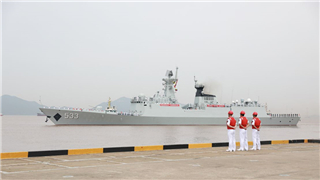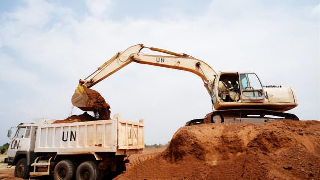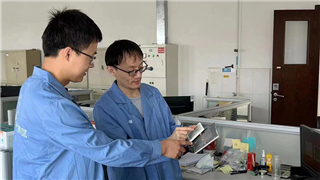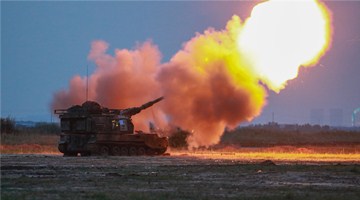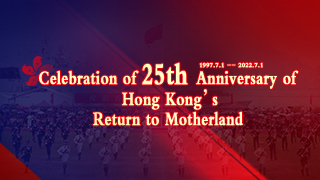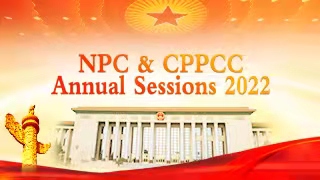By Angelo Giuliano
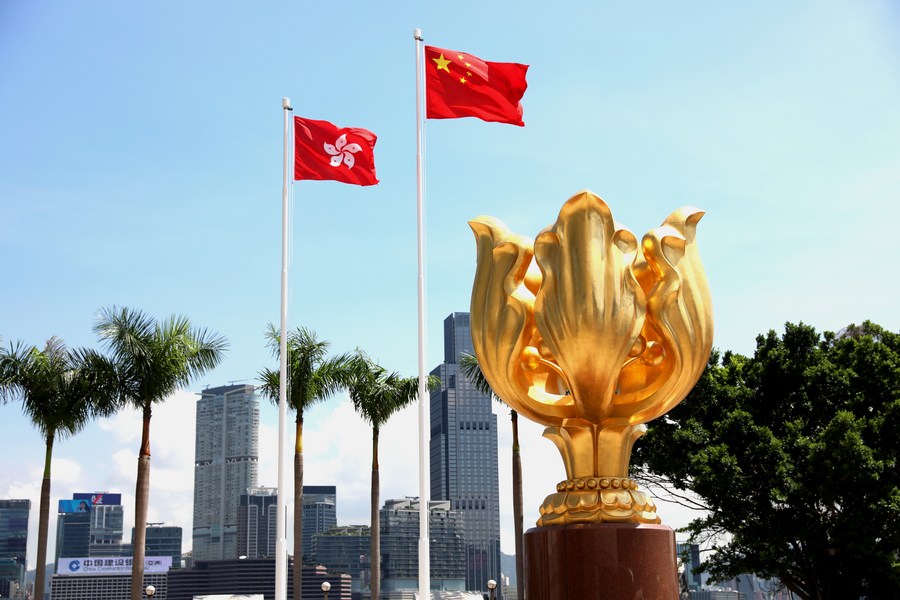
The portrayal, and demonization, of newly elected Hong Kong Chief Executive John Lee Ka-chiu in the West shows the ever-widening sociopolitical divide between the West and China on the meaning and practice, of democracy. The Hong Kong Special Administrative Region, whose governance is based on the "one country, two systems" principle, was reduced to a "war-zone of words" on the legitimacy of the newly elected head of the city.
Since its return to the motherland 25 years ago, the Hong Kong SAR has been operating with elegance and adroit, combining the best of the East and the West. The US-led Western powers, however, have been using Western-style democracy to undermine the influence of the central government in Hong Kong.
Lee Ka-chiu is not the first to stand at the forefront of the ideological battle between China and the West, but he is now witnessing the bitterest dispute before formally taking office. Luckily, Hong Kong stands strong despite the political farce orchestrated by the United States, which includes the "Summit for Democracy", a delusional convergence of Western-style democracies and their vassal states, signifying yet another attempt to impose such a form of "democracy" on other places and demonize other forms of democracy.
These political farces, which also include the European Union's annual Hong Kong report, are being played out at a time when Western-style democracy faces its lowest approval rating and toughest test. It's a form of "democracy" that attempts to remove a country's elected president from day one, and bars its previous president from all major social media platforms. In US-style democracy, 30 percent of the voters refuse to recognize incumbent US President Joe Biden as their leader, corruption is renamed "lobbying", and "revolving doors" have created an elite caste of multimillionaire politicians.
And only in US-style democracy can think tanks filled with nonelected policymakers financed by the military-industrial complex (the deep state) craft the country's foreign policy. It's a political system in which torture is legal, and the government wages war without the consent of the people.
Why does the US want to export such a failed system, a system that would sow divisions and facilitate autocratic control with no checks and balances, a system that does not serve the people?
Western-style democracy has become a superficial popularity contest in which whoever has the most funding and biggest exposure "wins". It is a system where politicians tell the public whatever they want to hear, but once elected do not keep a single promise. It is a vicious circle of electing a leader and regretting. It creates an illusion of free choice between two parties, which ultimately serve the corporations and financiers funding their campaigns, not the people who actually vote for them.
Western politicians spend much of their time raising funds instead of doing the job they are supposed to do, and they work against each other rather than together for the common good.
A democratic system should be based on the history, culture and economic development stage of a country, the maturity level of its population, and the country should have complete sovereignty with no foreign meddling, no big-money influence, a neutral and fair media, and a fully transparent voting system.
The West is still struggling and far from being the "democratic utopia" it otherwise pretends to be. Democracy is derived from the Greek term and means "power to the people", but the West is yet to give "power to the people".
The West's desperate attempts to export its model of "democracy" through coercion, meddling, regime change and "color revolution" are fundamentally anti-democratic acts. In the ultimate analysis, democracy is a process of self-determination where sovereignty above all else holds primacy and must be respected.
Hong Kong could have fallen victim to a US-backed "color revolution" in 2019, when some radicals claiming to be fighting for "freedom and democracy" were actually acting like extremists and secessionists. Their actions were in stark contrast to their slogans. That's why it is important to understand Hong Kong's past in order to objectively evaluate its present situation and the direction the city is taking.
Hong Kong is on its way to finding its own model of democracy, democracy with Hong Kong characteristics. It will be a model of "one country, two systems". Now that the national security law for Hong Kong has been enacted, foreign meddling in Hong Kong will end, and together with the ongoing electoral reforms, the city will finally have a Legislative Council that can work for the good of the city, as opposed to the previously chaotic legislature filled with foreign-backed agents undermining genuine democracy.
In this system, LegCo has been entrusted to deliver on the promises made to the people, including providing them with affordable housing and reducing inequality.
Democracy is a flexible system based on key performance indicators and deliverables, as opposed to a rigid system based on empty promises. Considering that before 1997 Hong Kong had never practiced democracy, people need to understand that democracy in the SAR is a work in progress. Maturity will come with time.
In the 25th year of its return to the motherland, Hong Kong is entering a new era of opportunities where it can position itself as a key bridge between the West and the Chinese mainland, enjoying and personifying the best of both worlds.
China by 2028 is likely to be the world's largest economy, something everyone in the country, including Hong Kong residents, can be proud of and of course a part of. Indeed, we are living through a unique age in world history.
The views don't necessarily reflect those of China Daily.
The author is a Swiss financial and political analyst based in Hong Kong.

